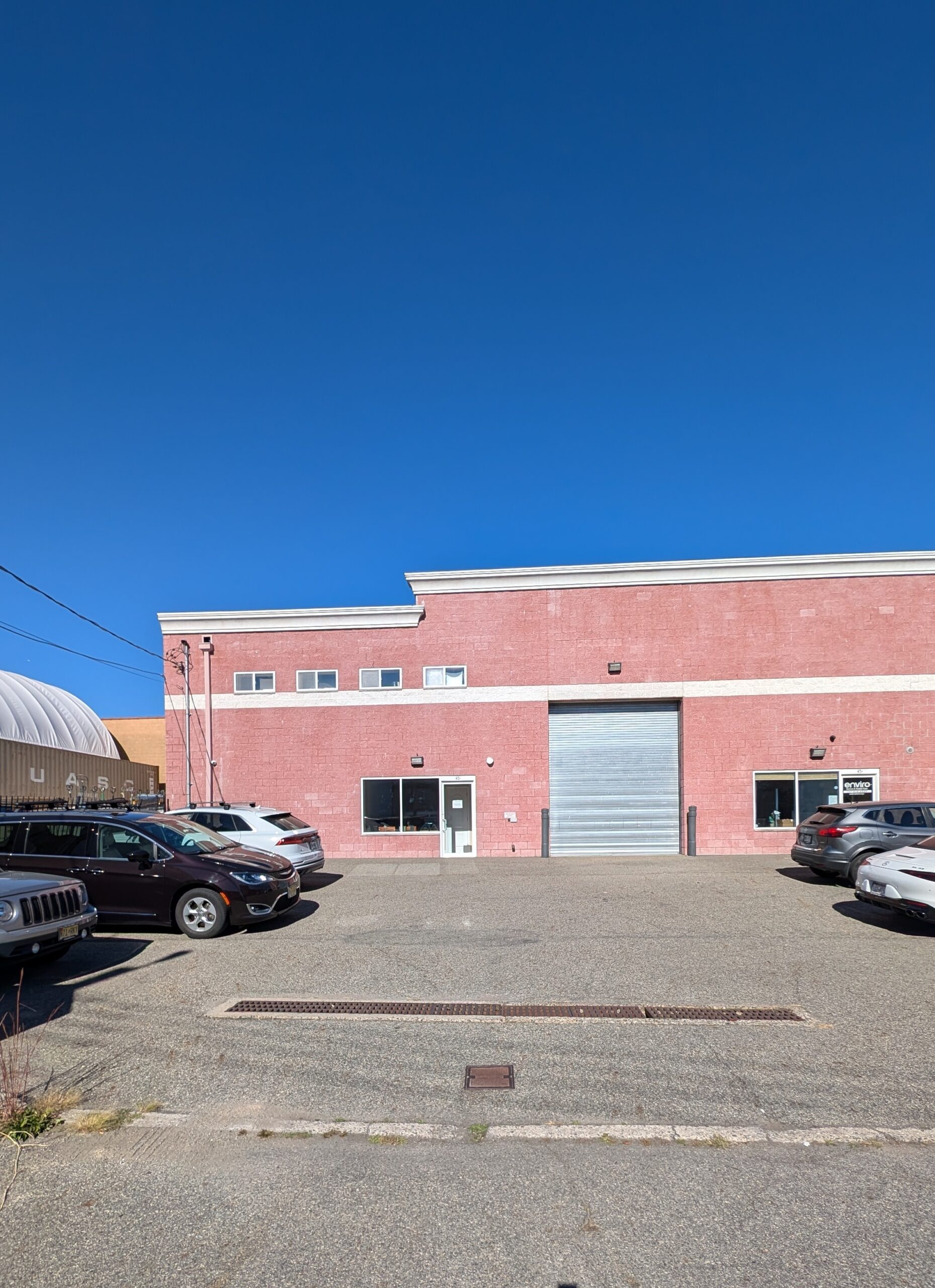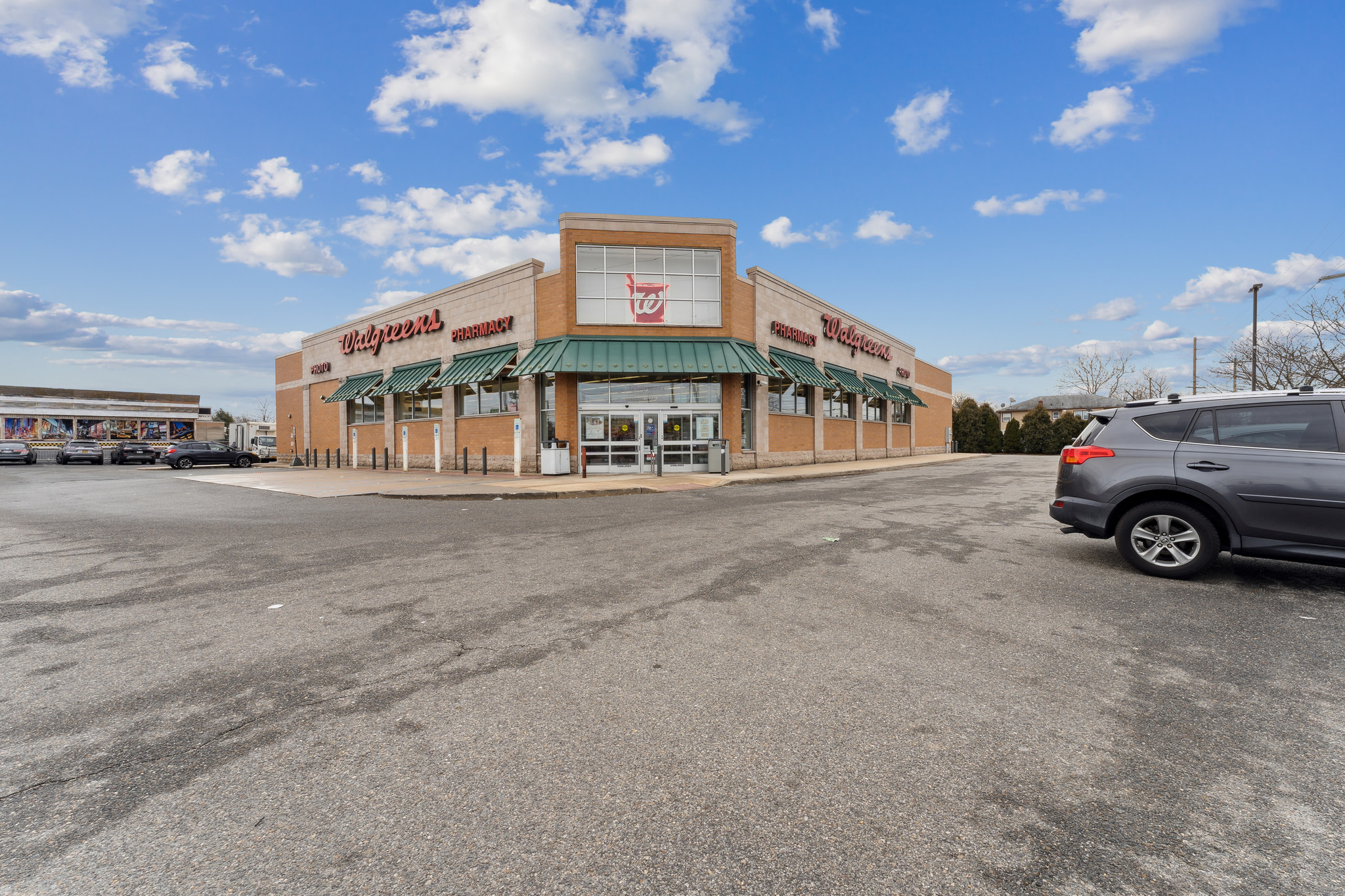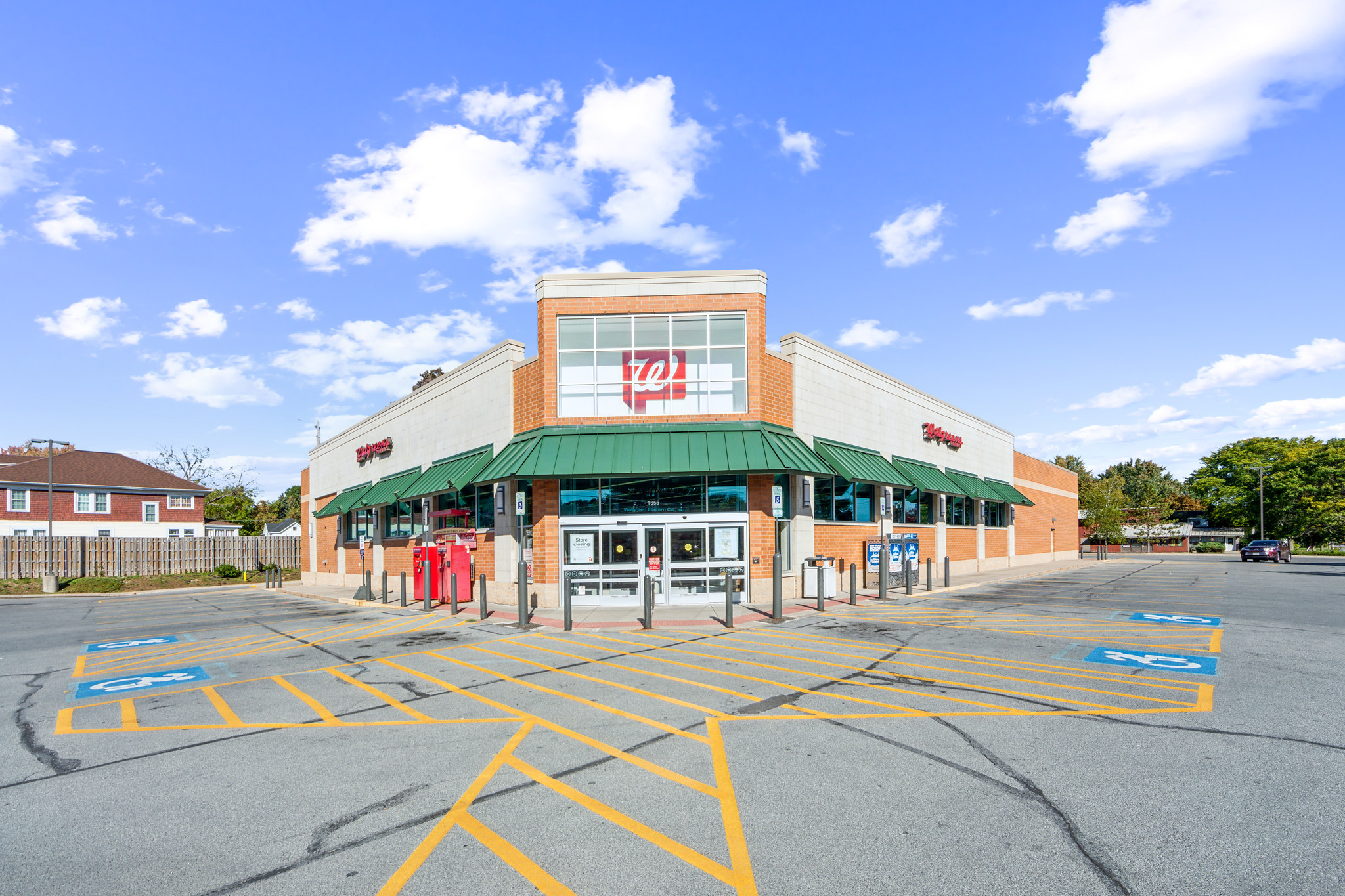Some of the reasons why you should invest in real estate are the following:
1. Houses are Tangible Assets
Houses are assets, and they are the tangible type. This means that they are physical things, just like your home appliances, gadgets, and other equipment, and they are worth the money. They will have a monetary value that can increase over time.
If you compare these to the stocks of many companies, you can have paid $1,000 worth, and they can become $0 in a blink of an eye. Investing in real property is going to be worth something in the long run.
2. The Right Properties Appreciate in Value
There’s a growing trend where real estate housing almost always appreciates its value. The price increase is not only applicable to the house itself but to the land where it’s built. Given a few years, especially if you live in a metropolitan area, it’s common for the land to be worth more, and it will continue to rise even without the house. Learn more about land value on this site here.
One example was a couple buying land for $10,000 in 1985, located in an underdeveloped community. Jake and Beth planned to build a summerhouse in the piece of a lakefront lot when they were younger, but they could never find the time to do this. As such, they just let it sit for decades. When houses were sprouting right and left near their property, the lot was estimated to be around $1 million, and they said that this would be part of their children’s inheritance.
3. Maximize the Value
You can control some things like maximizing the value of your assets. For example, you can add a game room, theater, and a pool to attract more buyers. A well-renovated bath and kitchen will also be worth more when you decide to rent it out or sell the house.
Any improvements you’re going to make to your home will improve its value, especially because it’s a tangible asset. Some remodeling jobs that offer the most extensive returns include decks, roof repairs, garage door replacement, and kitchen renovations.
4. Building your Equity through the Investment
If you’re investing in an actual home, your equity increases each year, especially after you’ve finished paying for the home. The longer you own the property, the higher your equity will be in the investment. Equities are proportions of the home that you own outright. This is opposed to a loan or bank financing where the bank owns part of the house if you haven’t finished paying for the monthly mortgage yet.
As you’re paying off the loans, you’re generally building more equity. It’s worth knowing that there are exceptions to this, such as a sudden market downturn. However, if you hold on until the market stabilizes, you can add equity in a few years for your portfolio.
5. Leveraging the Equity
One of the excellent benefits of real estate investments is taking out a loan out of your equity. This can be in the form of a traditional loan or a line of credit. Many people leverage this to add more rooms to their house and rent it out so that they will have passive income that can help with their monthly expenses.
Other people use this home loan equity to finance expensive purchases of assets to help them in the long run or send their children to college. Others utilize the money by paying debts on their credit cards that have a high interest. Know more about leveraging your equity here: https://www.thebalancesmb.com/top-don-ts-in-using-real-estate-leverage-2867098.
6. Coincides well with Retirement
When you purchase a home, the cash flow will be considered lower when you still have a huge balance on the principal. As you’re paying off your mortgage, your interest will also be lower, and this is where you can see the positive cash flow. In some of its aspects, other people consider this as a forced savings program where you’re getting assets as you’re older and the amount that you yield from rentals increases. This is an excellent asset that will work well for you down the road.
7. Tax-Deductible Benefits

The tax codes can allow you to deduct the various expenses you have incurred, such as the upkeep of the property, improvements, renovations, maintenance, and even the mortgage interest. The IRS will allow you not to pay the taxes when you’re buying another property and selling your older one, but this should be done according to the specifications set by the IRS. This is called the 1031 exchange under the tax code. You essentially defer the payments of the gains on the property.
This is a deduction that can reduce the overall taxes that you pay and offset your income but make sure to consult a lawyer regarding navigating the tricky business of taxes. The tax rates are also considered lower. The individual bracket is generally ranging from 15% to 20%. This percentage is considered to be lower than a personal tax bracket, and it’s no surprise that many are taking advantage of these.







Leave a Comment